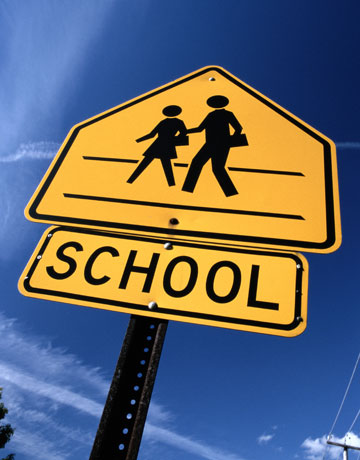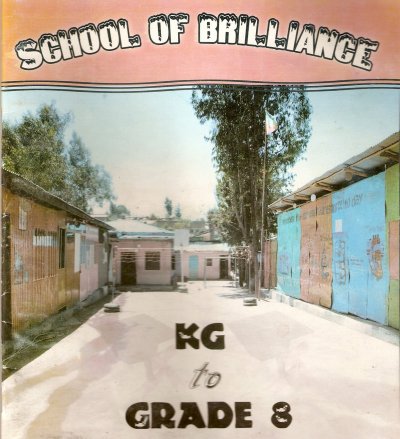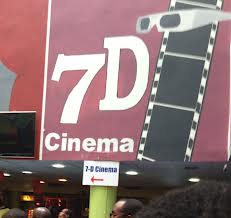Welcome to a new school year!
Welcome to a new school year 2007 EC! We hope that school is off to a great start for you and your family. This is a promising and pivotal year for schools in Brilliance. We also want to encourage you to stay informed about some important priorities for our schools this year. We hope you will share your input.

More staff in schools
We start the new school year 2007 with a better resources than we have had in years. We have added more staffs in our schools.
Our input is allowing us to make targeted investments and restorations in programs to help students reach or exceed our milestone targets. This year, among other efforts, we are:
- Expanding our schools
- Offering all school students the opportunity to take a full load good courses.
- Keeping more students connected to school, so every student can complete primary school ready to contribute to our communityas we did last year for the first time with great grade.
- Providing art instruction and more out school activities to all elementary grade students.
A transformative moment for Brilliance school
These are important and encouraging signs for our school. We are working in outdated buildings, we are beginning to take transformative steps to offer more academic and enrichment programs for students, in safer and more up-to-date school.
At the same time, we recognize that we need to accelerate our efforts to make sure every student can meet high academic standards.
We welcome you to share your priorities and ideas.
We appreciate your support of your students and our school – whether it is reading to a young learner at home, volunteering in a classroom, donating to school materials or with many other ways help.



School of brilliance is an institution designed for the teaching of students under the direction of our best teachers.
Our kindergarten [garden of children], system of preschool education. the kindergarten to provide an educational situation less formal than that of the elementary school but one in which children's creative play instincts would be organized constructively. Through the use of songs, stories, games, simple manual materials, and group activities for which the furnishings of a kindergarten are adapted, children develop habits of cooperation and application, and the transition from home to school is thought to be made less formidable.
The theory implicit in the kindergarten system, that education develops through expression and social cooperation, has greatly influenced elementary education and parent education, movement to help parents' understanding of the problems of children at home and in the school. Much parent education is carried on through the channels of adult education, both formally and informally. Our kindergartens are generally a part of our primary public school systems.
Our primary school is also an institution in which children receive the first stage of compulsory education known as primary or elementary education. It is in most publications of the United Nations Educational, Scientific, and Cultural Organization (UNESCO) In some countries, the term elementary school is preferred. Children generally attend primary school from around the age of four or five until the age of eleven or twelve.

